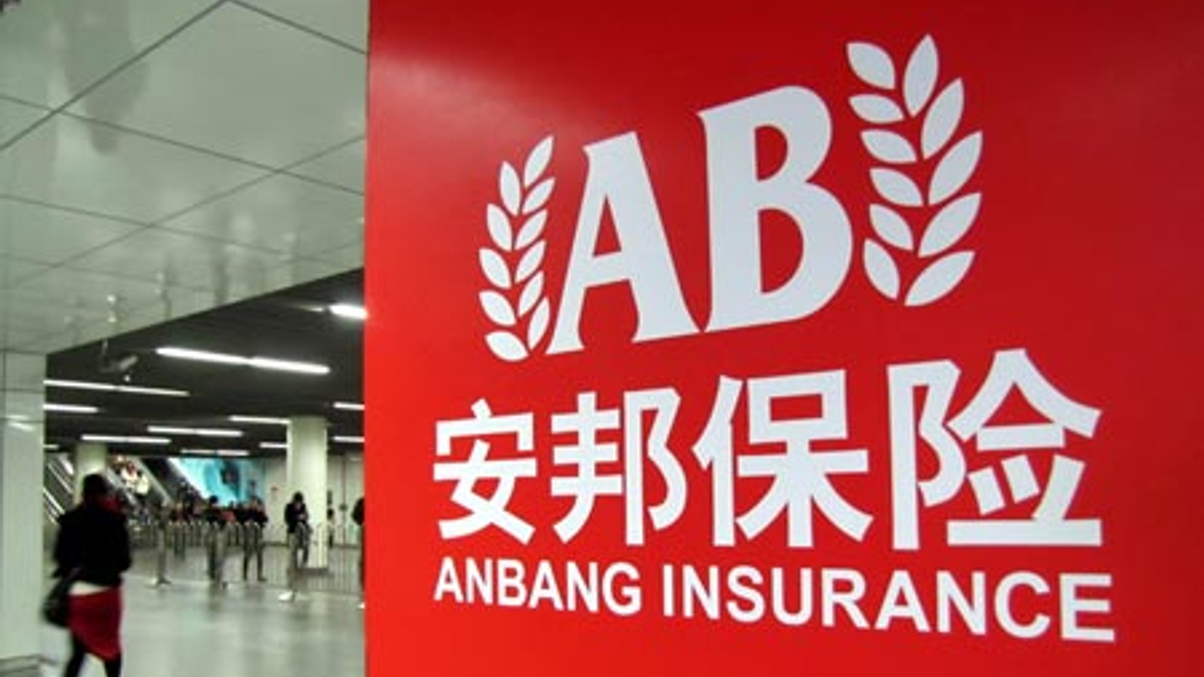Why Anbang's Korea divestments could reveal its fate
What happens in Korea will likely show how much Beijing wants to create a sustainable business or send a clear message about penalising companies for poor capital controls.

What happens next to Anbang Insurance Group’s interests in Korea could reveal more about what the future holds for crisis-stricken Chinese insurer.
Sign in to read on!
Registered users get 2 free articles in 30 days.
Subscribers have full unlimited access to AsianInvestor
Not signed up? New users get 2 free articles per month, plus a 7-day unlimited free trial.
¬ Haymarket Media Limited. All rights reserved.


